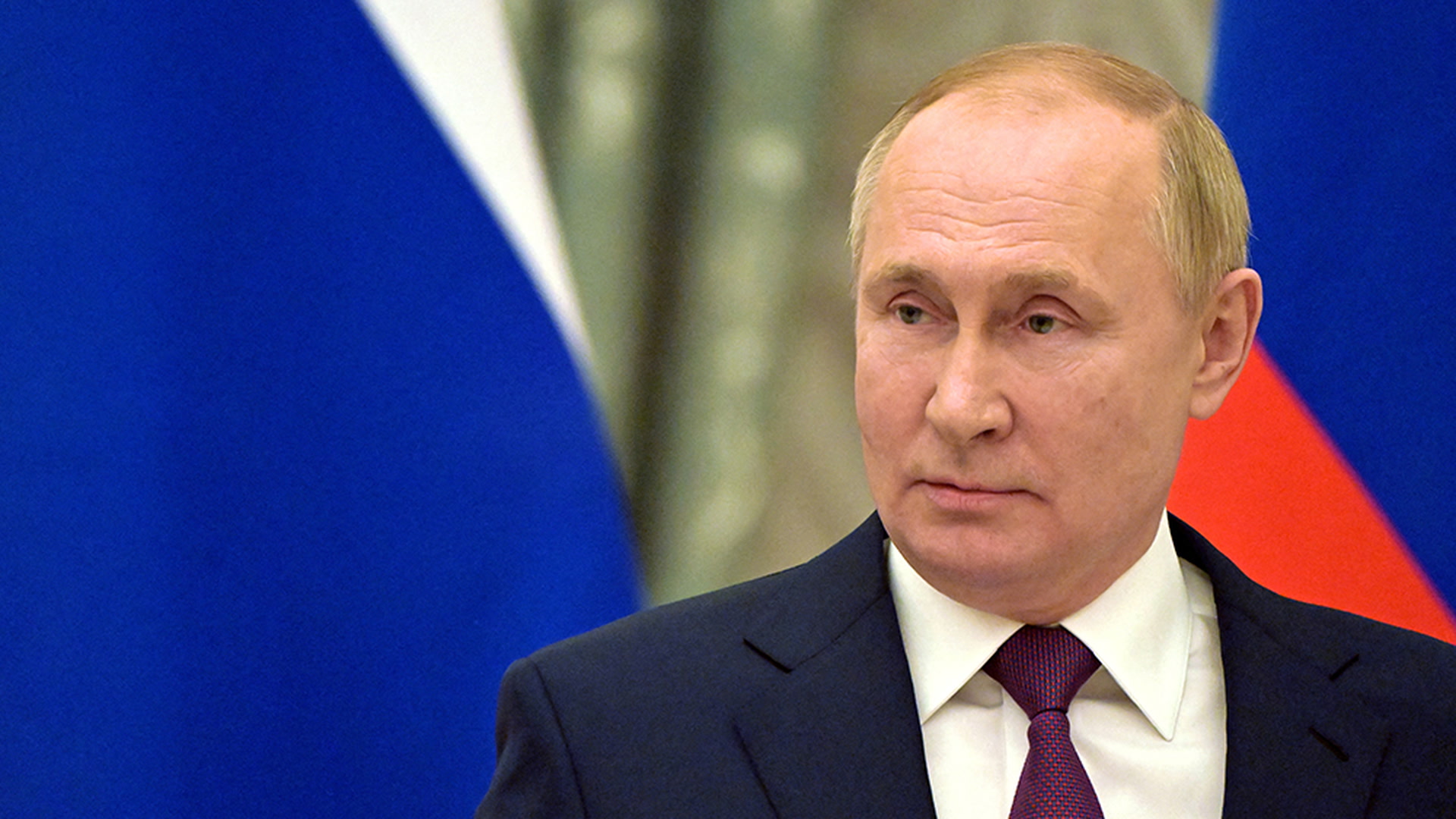Russia’s Military Objectives in Ukraine
Russia has declared that it is prepared to continue its military campaign until all strategic goals are achieved if Ukraine refuses to enter into a negotiated settlement. The Kremlin insists that concessions on NATO membership and recognition of territories already under Russian control are non-negotiable. These demands highlight the widening gap between Moscow and Kyiv, as well as the ongoing difficulty in finding common ground to de-escalate the war.
The full-scale invasion that began in 2022 has since expanded into a war of attrition, with Russian forces increasing missile and drone strikes on Ukrainian cities. Reports of more than 500 drones and dozens of cruise missiles launched in a single night illustrate the intensity of recent offensives. Despite growing international pressure, Moscow continues to frame its campaign as a defensive necessity to protect ethnic Russians and to prevent Ukraine from aligning militarily with Western alliances.
For broader context on NATO’s role and commitments in Europe, readers can explore the official NATO website, which provides detailed updates on regional security and alliance activities.
Global Diplomacy and the Push for Negotiations
Diplomatic efforts to end the conflict remain highly complex. While U.S. leaders have urged Moscow to consider a ceasefire and engage in peace talks, Russia insists that any agreement must reflect its demands regarding security guarantees and territorial control. Ukrainian leaders, however, reject concessions that would undermine national sovereignty or validate territorial annexations.
International stakeholders, including European powers, continue to search for a pathway to peace. France has led initiatives with its so-called Coalition of the Willing, while Poland, Germany, and other allies emphasize the importance of securing American backing for extended security guarantees to Kyiv. These discussions reveal the global stakes of the war, not only for Ukraine but for European security as a whole.
For those seeking authoritative insights on European diplomacy and foreign relations, the European Council on Foreign Relations provides analysis on negotiations and their implications for the continent.
Economic Pressure and Military Aid
Economic sanctions have become a key tool of Western strategy, targeting Russian financial systems, technology imports, and energy exports. Billions of dollars in frozen assets have already been redirected into support for Ukraine’s defense, with the United Kingdom recently announcing that over $1.24 billion worth of seized Russian assets would be recycled into military aid. This approach underscores the determination of Western allies to ensure Ukraine is adequately equipped to resist Russian offensives while the search for peace continues.
Meanwhile, Ukraine’s reliance on international military support remains significant. With modern defense systems, drone technology, and financial backing from more than 30 nations, Kyiv continues to resist Moscow’s attempts at consolidation. The balance between providing aid and maintaining the prospect of long-term peace is delicate, yet central to Western strategy.
Those interested in learning more about the impact of sanctions and economic measures can find detailed reports on the U.S. Department of the Treasury website, which tracks sanctions programs and global enforcement. Additionally, the United Nations provides updates on humanitarian consequences, displacement, and the broader global impact of the war.
This ongoing conflict represents one of the most defining geopolitical crises of the century. Whether through escalation or eventual compromise, the choices made in Moscow, Kyiv, Washington, and European capitals will shape not only Ukraine’s future but also the stability of the international order.







